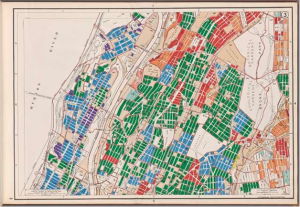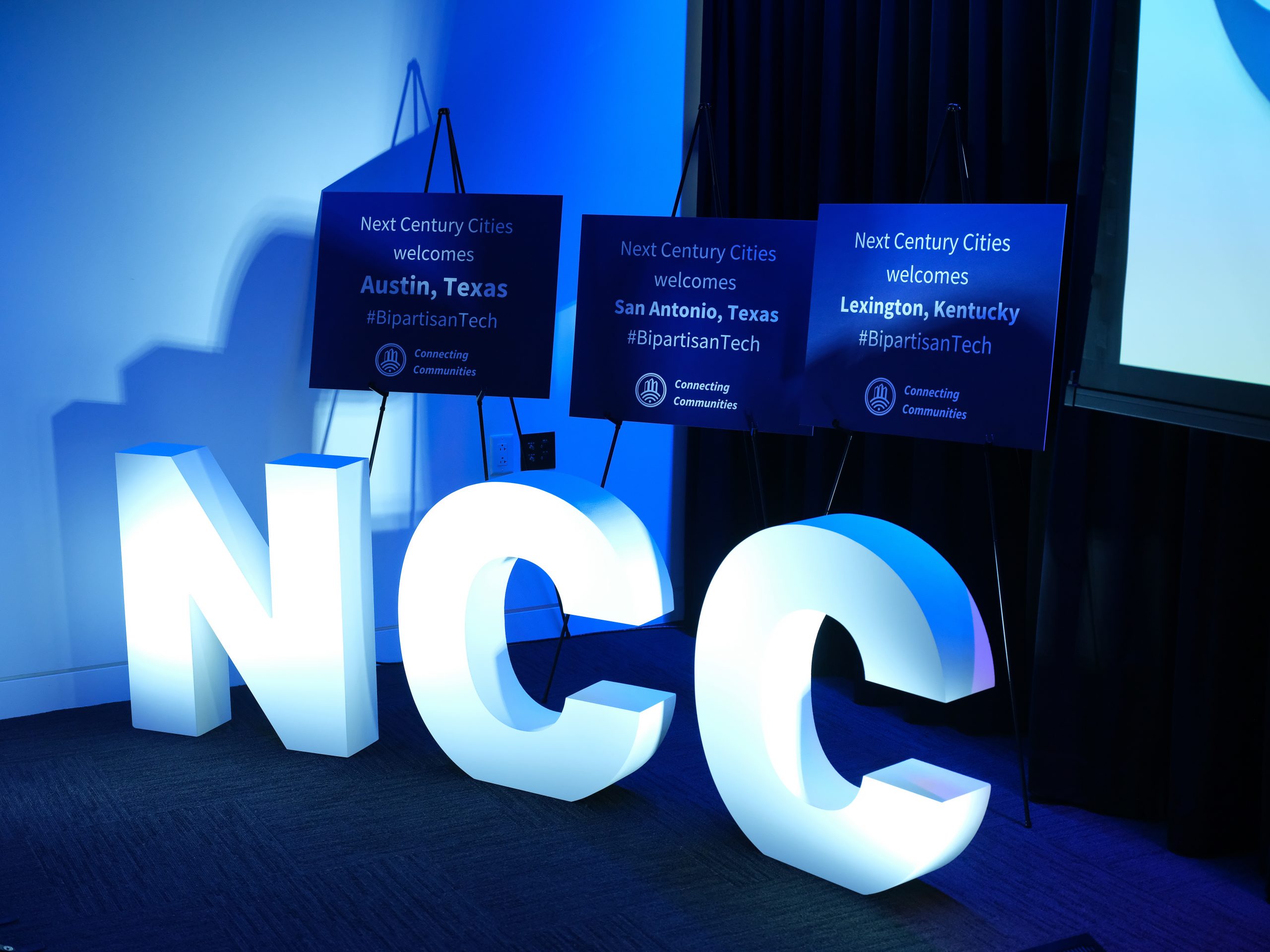By Ryan Johnston

Digital discrimination emerged as a result of a lack of requirements for Internet service providers to serve entire communities and a market incentive for them to serve the areas promising the highest returns. In effect, many low-income or minority communities in need of broadband infrastructure have been repeatedly overlooked or ignored.
The Infrastructure Investment and Jobs Act requires the Federal Communications Commission (“FCC”) to craft rules identifying and addressing digital discrimination. On May 16, 2022, Next Century Cities submitted comments, urging the FCC to take a broad approach to identifying and enforcing rules against digital discrimination. The comments highlighted the following points:
- The FCC’s proposed definition of “equal access” would only require that broadband subscriptions are available in a consumer’s area, not that consumers are able to access those subscriptions.
- The geographic area considered in the FCC’s definition of equal access should be the stated service area of the provider.
- Municipalities have real experience identifying and addressing digital discrimination. The FCC should consult with local leaders to implement effective rules.
- The complaint process should differentiate between consumers and municipal or state officials and community organizations. This will give government or community organizations a clear path to submit data and information to the FCC.
Digital discrimination is an issue that will take a whole-of-government approach to correct. Providing clear rules of the road will help municipalities nationwide collect and share critical information that enables the FCC to eliminate digital discrimination in various forms.
Read the May 16th comments here.
On June 30, 2022, Next Century Cities also filed reply comments highlighting approaches that state and local governments are taking to address digital discrimination. State and local leaders understand how digital discrimination impacts their communities and have developed targeted strategies to reduce harm. NCC’s Reply comments encouraged the Commission to utilize their efforts as a starting point for federal digital discrimination policy. While there is no one-size-fits-all answer to digital discrimination, the FCC’s support for targeted local solutions is critical for getting hard-to-reach households connected.
Next Century Cities’ replies also expressed concerns that many industry business decisions cannot be considered digital discrimination. Opposing commenters conceded that providers have chosen which areas to serve based on residents’ income level. Using household income as a determining factor for deployment is expressly prohibited by the Infrastructure Investment and Jobs Act and meets the statute’s definition of digital discrimination.
Read the full June 30th filing here.

